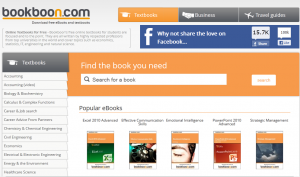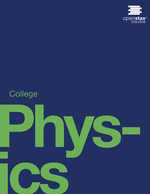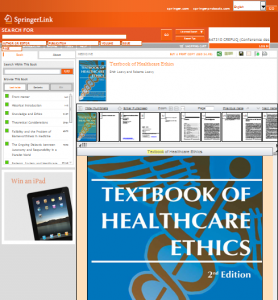
This month’s print book and ebook displays spotlight women in science, technology, engineering and mathematics (STEM). The books are about remarkable women who made advances in their fields, despite the challenges of oppressive systems and all of the forms that harassment can take. They tell the stories of women in STEM who did not quit.
The print book shelves can be found on the main floor of the Redpath Library Building, in the McLennan-Redpath Complex, during the month of May. Take a look at the selected titles in our catalogue list for the Women in STEM print book display.
The Women in STEM ebook display has an additional 100 titles to explore online.
Beyond books, I want to highlight two electronic videos in the McGill Library collection that are worth your attention: Ms. Scientist, and Picture a Scientist.
Ms. Scientist, 2018 film (43 minutes)
Around the world the fields of scientific research and development remain a male-dominated environment. According to the UNESCO Institute for Statistics less than thirty percent of the world’s researchers are women. Many women enter a career in science but leave because of roadblocks and challenges. Canada wants to change that. Brandy Yanchyk’s documentary Ms Scientist explores how Canada is trying to get female scientists to stay in the fields of science and progress to the top. Ms Scientist looks at the successes and challenges that Canada’s female scientists face. The film delves into their lives and examines the obstacles that are hindering their success such as balancing family and work, sexual harassment and unconscious bias.
Picture a Scientist, 2020 film (1 hour 37 minutes)
Picture a Scientist is a feature-length documentary film chronicling the groundswell of researchers who are writing a new chapter for women scientists. A biologist, a chemist and a geologist lead viewers on a journey deep into their own experiences in the sciences, overcoming brutal harassment, institutional discrimination, and years of subtle slights to revolutionize the culture of science. From cramped laboratories to spectacular field sites, we also encounter scientific luminaries who provide new perspectives on how to make science itself more diverse, equitable, and open to all.
For more links, visit our Women in STEM page on the Redpath Book Display guide.
Have a lovely May!

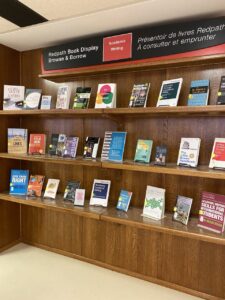
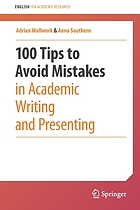
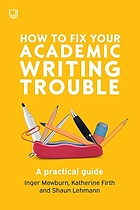
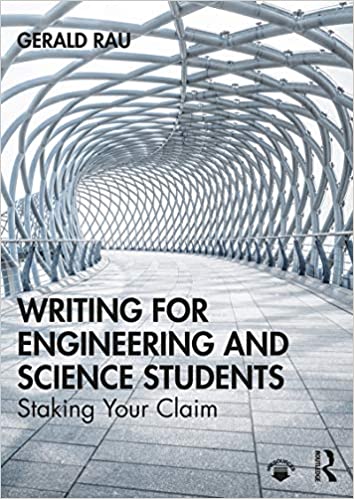
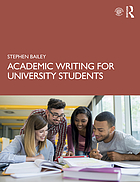
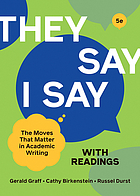
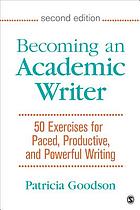

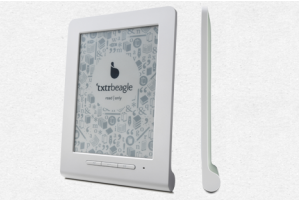 A tiny e-reader, called Beagle, only five inches and 128 grams, was introduced by Txtr at the Frankfurt Book Fair last week. It has no Wi-Fi embedded, and it needs to work with smartphone to add e-books. “The main selling point is its low price – €9.90 ($12.88 USD)”. Read more at
A tiny e-reader, called Beagle, only five inches and 128 grams, was introduced by Txtr at the Frankfurt Book Fair last week. It has no Wi-Fi embedded, and it needs to work with smartphone to add e-books. “The main selling point is its low price – €9.90 ($12.88 USD)”. Read more at 